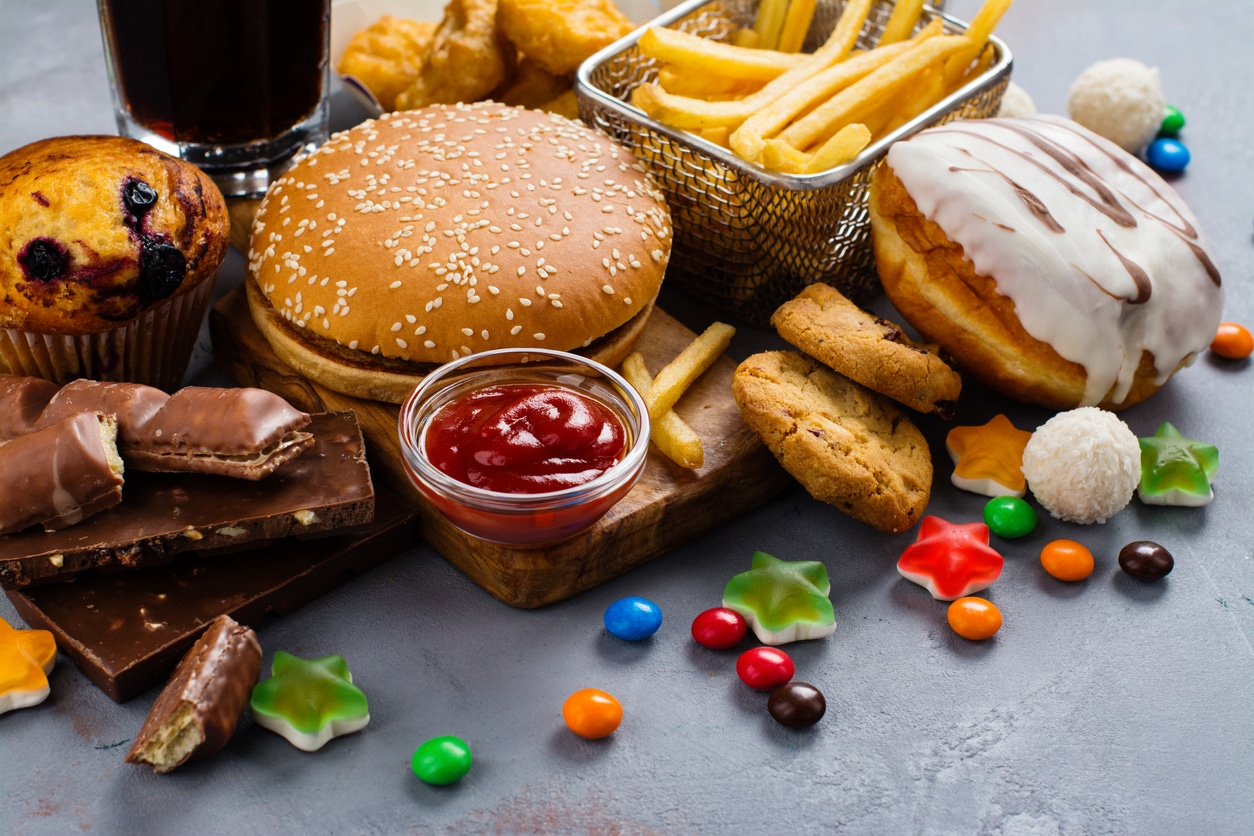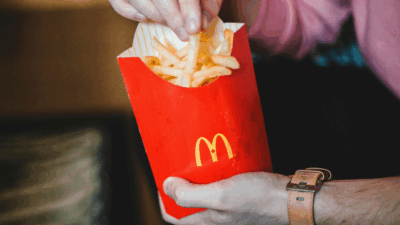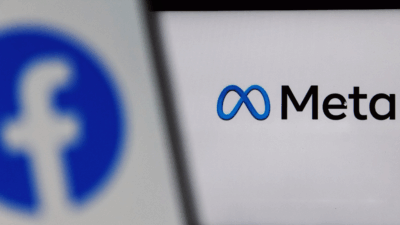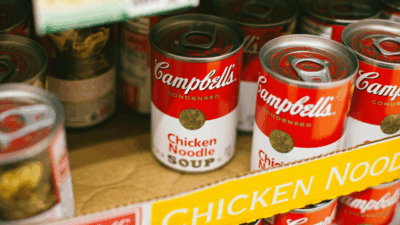
Sign up for smart news, insights, and analysis on the biggest financial stories of the day.
After spending a year inside with little to do, it would be understandable to have packed on a few extra pandemic pounds.
But in the UK, obesity — and child obesity in particular — has risen to national crisis levels.To combat the trend, the British government announced a new measure Thursday that will place severe limitations on advertisements for unhealthy foods.
It’s The Taste You Can’t See
Starting in 2023, junk food ads will be banned on the internet altogether in the UK, and only permitted on television after 9 p.m. Foods featured on the advertising blacklist include soft drinks, sugary cereals, and pizza, among others. High-fat foods like olive oil and avocados were graciously spared.
The government predicts the policy will generate £2.3 billion of health benefits over 100 years, but cautioned there is “significant uncertainty” in those calculations. For their part, food manufacturers and advertisers see no benefits whatsoever:
- Sue Eustace, public affairs director at the Advertising Association, a trade body, said the group was “dismayed” by the announcement, adding, “instead of tackling the problem of childhood obesity, this draconian measure will harm news media publishers who rely on advertising revenue to fund the journalism which keeps us all informed.”
- The government foresees broadcasters losing £66 million a year in advertising revenue as a result of the restrictions. For online platforms the estimate is £178 million.
Side Order Of Caveats: Though unhealthy product promos are out, junk food purveyors will be allowed to continue brand advertising (Brits can expect to see a lot more Golden Arches and a lot less Big Macs.) And to aid in ongoing pandemic recovery, companies with fewer than 250 employees will remain exempt from the ban altogether.











